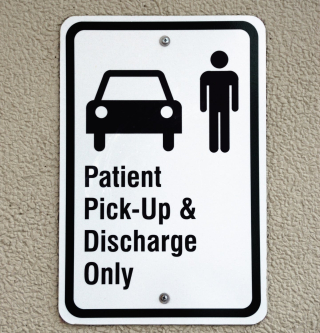Your loved one’s funeral ends, and family members fly back to California, New York, or Florida. Now you must probate the estate while heirs spread across different time zones. Distance complicates signatures, asset inspections, and emotional decisions. With thoughtful planning and modern tools, you can keep everyone informed, on schedule, and satisfied.
Distance Creates Unique Hurdles
Out-of-state heirs cannot easily attend court hearings or view estate property. They rely on your updates, and silence breeds suspicion. Time-zone gaps also slow decisions when documents need quick approval. Anticipating these frictions helps you design a communication plan that keeps goodwill intact.
Serve Required Notices Correctly
Texas law demands personal representatives send certified letters to heirs and beneficiaries. Mail delays stretch even longer for international addresses. Track delivery with return receipts and photograph every envelope before mailing. Digital scans provide backup if a package goes missing. Meeting notice rules early prevents challenges that could undo months of work.
Leverage Remote Technology
Video tours of real estate, secure e-signature platforms, and cloud document folders give distant relatives a front-row seat. Schedule regular video calls where you screen-share the probate inventory, bank statements, and upcoming deadlines. Seeing the paperwork in real time builds trust and reduces repeat questions. When court appearances arise, many Dallas judges now allow Zoom participation, sparing heirs the cost of last-minute flights.
 Houston Estate Planning and Elder Law Attorney Blog
Houston Estate Planning and Elder Law Attorney Blog






